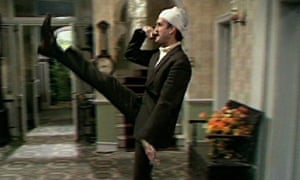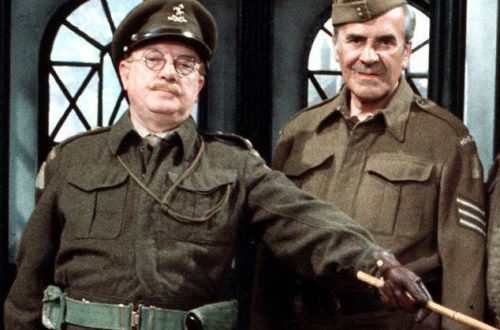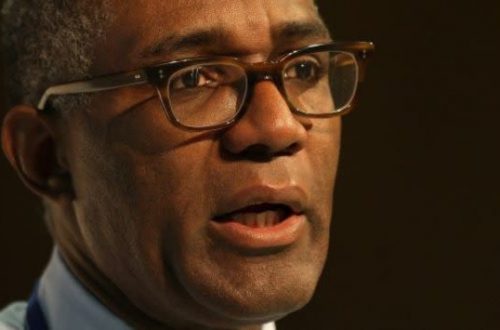Tom Clarke writes in the Guardian today on why as the latest embarrassing coalition episode, as the two exchange tit for tat blows, puts another nail in the coffin of this marriage of increasing inconvenience and signals time for the Lib Dems to start thinking of a change.
The collapse of House of Lords reform followed by Nick Clegg’s decision not to support David Cameron’s plans for constituency reform, which bizarrely would have cost the Liberal Democrats as many as 15 seats, leaves many questioning what is left for the coalition?
With the spectacular failure of the AV referendum last year, Clegg and the Liberal Democrats and pinned all their hopes on reforming the Lords. That has proved a disaster.
Naturally Clegg blamed Labour opposing against the government’s timetable for Lords reform for its demise. While there was doubtless and quite natural manoeuvring by Ed Miliband, that clearly wasn’t the real problem.
With his only “achievements” being tuition fees and pulling the NHS apart, Clegg and Cameron are like a loveless couple left staying together for the sake of the kids. The kids being the economy. There is no other glue keeping it together and that glue is lacking real sticking power or reason for being other than Clegg.
The Lib Dems, stuck permanently on 10% in the polls, get nothing out of this coalition other than a guarantee of three more miserable years.
And as Clark puts it the real lesson here is that – however much you call a government “progressive” – it will not achieve meaningful political reform when it is led by the party of the establishment.
Much has gone wrong since they jumped into bed with the Conservatives, and it is time for the party to ask itself some pretty searching questions about what it has actually got out of an arrangement that it continues to prop up. Sensing that these questions are coming, at his press conference today, Clegg made a weird lurch into listing all the things in politics that continue to motivate him. He rattled off a list of achievements that, as usual, was headed by a higher tax threshold and the so-called pupil premium. Neither is going turn him into a Beveridge or a Lloyd George. That is not so much because the detail of these policies is awry (although the tax threshold is badly targeted, and the pupil premium issmaller than the pro-poor funding which Labour introduced). Rather, it is because neither are institutions; they are just financial figures that can and will be undone by inflation once this parliament is out of the way.
Governments are remembered for solid things such as the NHS, privatised industries or devolved parliaments. A democratic House of Lords could have ranked on that list, but nothing else the Liberal Democrats have achieved will. Clegg’s last gasp is that fixing the economy remains the coalition’s reason to be. But even if, as I suspect, Clegg somehow sincerely believes this despite the evidence of the double dip, no one can pretend that the oversight of cuts is a distinctly progressive task. If a Liberal Democrat party that is now haemorrhaging members wants to reclaim the p-word, it needs to consider change at the top. The shattering of Clegg’s self-esteem in the looking glass could bring seven years of bad luck.
Fear not though Nick some in the party see their leader in a strong position. No seriously.
Lib Dem peer and former MP Lord Carlile told the BBC World at One programme: “Nick Clegg is in a very strong position as leader of the Liberal Democrats, expected to lead us strongly into the election, so I don’t believe any of the speculation about the threats to Nick Clegg’s future.”
And in what looked like a reference to Vince Cable and his suggestion that he could one day lead the party, Carlile added: “And I believe senior Liberal Democrats should stop posturing about the leadership.”


